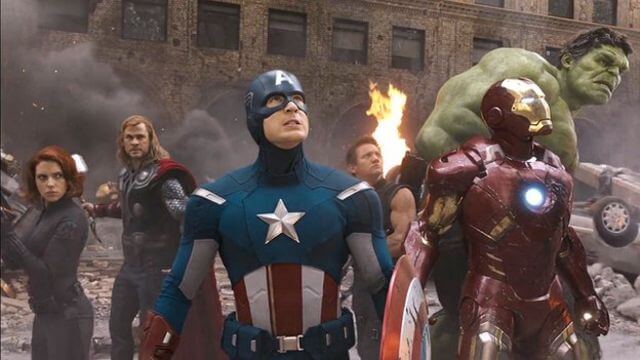That’s not bad given the Marvel franchise was bankrupt in 1996 as well as based its fledgling movie series on such a second-tier superhero named Iron Man a decade later.
“There was a lot of scepticism at first,” B. Riley FBR media and entertainment analyst Barton Crockett informed TheWrap. “Who did these people think they were when they tried to produce movies with characters no one had ever heard of?” Who would want to see an Iron Man movie? What astounds me is the capacity to make these ancillary characters popular, and so this began straight away.”
“Iron Man,” which helped bring Robert Downey Jr. out of a scandal-plagued career, grossed $318.4 million in the United States and $585.2 million worldwide. After the comic book industry began to crumble in the 1990s, the Marvel franchise was forced to file for Chapter 11 bankruptcy in 1996. The firm was saved in 1997 and amalgamated with Isaac Perlmutter’s Toy Biz after stressful legal fights and attempts to repay creditors.
The toymaker, who was born in Israel, entrusted his business partner Avi Arad with pulling the Marvel franchise out from its slump. According to a 2012 Slate storey about the studio’s development, Arad courted lenders as well as preached the worth of Marvel’s characters.
Marvel recently sold the movie rights to several of its most popular characters in an auction. Spider-Man went to Sony, the Hulk went to Paramount, and Daredevil, the X-Men, as well as the Fantastic Four went to 21st Century Fox.
Marvel Studios has lost the cinematic rights to even more bankable characters by that point. As a result, Arad & Co. devised a “great technique to operate outside of the licencing box” wherein it had placed itself, according to Crockett.
With toy sales inside its DNA, the business initially considered: Which character could sell the most toys? In his book “The Big Picture: The Fight for the Future of Movies,” Ben Fritz writes, “Mr Perlmutter didn’t expect to earn much money from the movies, but he felt they’d make wonderful commercials for toys.” “The question wasn’t so much who the kids wanted to see on the big screen as it was which action figure they wanted to play with.” Iron Man was the solution.”
Marvel’s strategy was doubled down under Kevin Feige, a rookie producer elevated to head of production in 2007. The following year, Paramount released “Iron Man,” the first in a succession of blockbuster blockbusters based on source material that few expected to be popular. On the eve of Marvel’s next film, “Avengers: Infinity War,” Feige told the press, “It starts with the comics and us getting to pull pages out, hang them on the walls, and start to get inspired.” “As we bring these massive projects into reality, it’s always a guiding point, a North Star for us, straight from those novels where it all began.”
The popularity of “Iron Man” drew Disney’s attention, and in 2009, the company purchased the Marvel franchise for $4 billion.
Also Read: All that you must know about the Marvel Cinematic Universe

